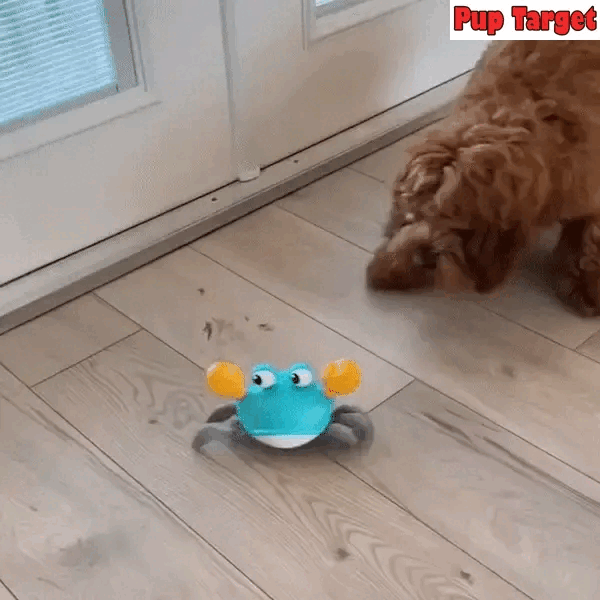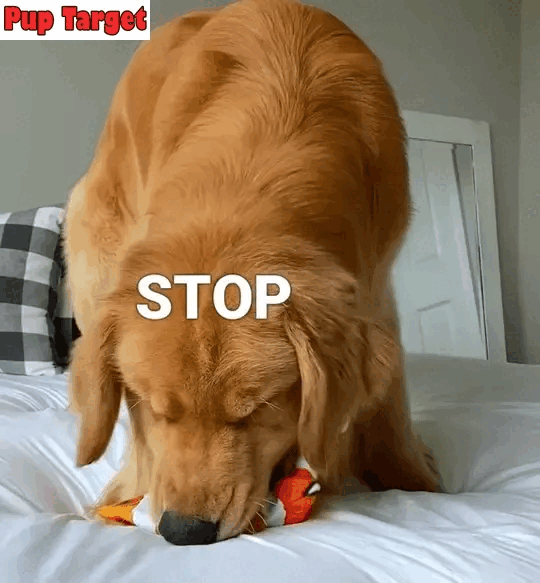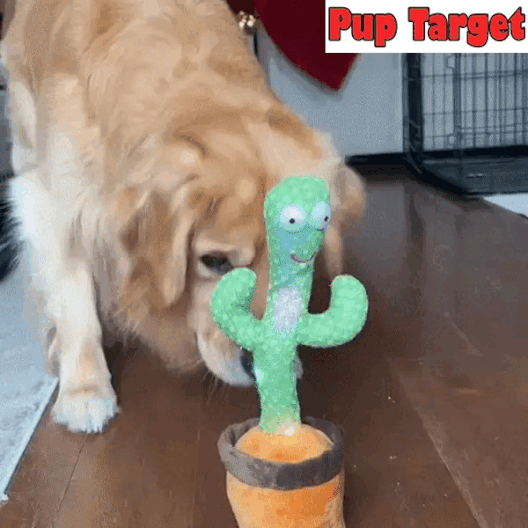In a world filled with adorable and fluffy dogs, it's easy to overlook the health concerns that can arise from canine obesity. Just like humans, dogs can struggle with weight issues that affect their overall well-being. In this blog post, we'll delve into the topic of obese dogs, exploring the causes, consequences, and most importantly, the solutions to help our furry friends shed those extra pounds.
1. "Fluffy" vs. Obese:
Recognizing the Difference

Before we can tackle the issue of obesity in dogs, it's crucial to understand the distinction between a pleasantly plump pup and an obese one. While some breeds naturally have a rounder appearance, obesity is characterized by excessive body fat that can have serious health implications. Learning to identify obesity in your dog is the first step toward helping them lead a healthier life.
2. The Causes of Canine Obesity:
More Than Just Overindulgence

Obesity in dogs often results from a combination of factors, including overfeeding, a sedentary lifestyle, and genetic predisposition. Sometimes, it can be linked to certain medical conditions, such as hypothyroidism. Recognizing the root causes of obesity is essential to developing a plan for your dog's weight management.
3. The Consequences of Canine Obesity:
The Price of Extra Pounds

Obesity can take a toll on a dog's health in various ways. It can lead to joint problems, diabetes, heart disease, and even a decreased lifespan. Additionally, overweight dogs are at higher risk for complications during surgery and may experience a lower quality of life due to reduced mobility and overall discomfort.
4. The Road to Recovery:
Helping Your Dog Achieve a Healthier Weight

Addressing canine obesity requires a combination of diet, exercise, and a commitment to your dog's well-being. Consult with your veterinarian to create a tailored weight management plan that includes a balanced diet, portion control, and an exercise regimen suitable for your dog's breed and age. Gradual weight loss is key to preventing muscle loss and promoting long-term success.
5. The Power of Support:
Your Role as a Pet Parent

Your dog relies on you for their health and well-being. Providing them with proper nutrition, regular exercise, and emotional support are essential components of their weight loss journey. The bond between pet and owner is a powerful motivator, and with your guidance and care, your dog can achieve and maintain a healthy weight.
A Note on Animal and Pet Wellness

Helping our pets maintain a healthy weight is not just a matter of appearance; it's about ensuring they live a long and happy life. Dogs rely on their owners for guidance, care, and love, and by addressing canine obesity, we can enhance their overall quality of life and strengthen the unique bond we share with them.
Conclusion
Obesity is a growing concern among our canine companions, but it's a challenge that can be overcome with the right approach and support. Recognizing the causes, consequences, and solutions for canine obesity is the first step toward helping your dog achieve a healthier weight and a happier life. Remember, as a pet owner, you have the power to make a positive impact on your dog's well-being. In embracing this responsibility, you not only provide them with a healthier future but also celebrate the enduring connection between humans and their beloved animal companions.










